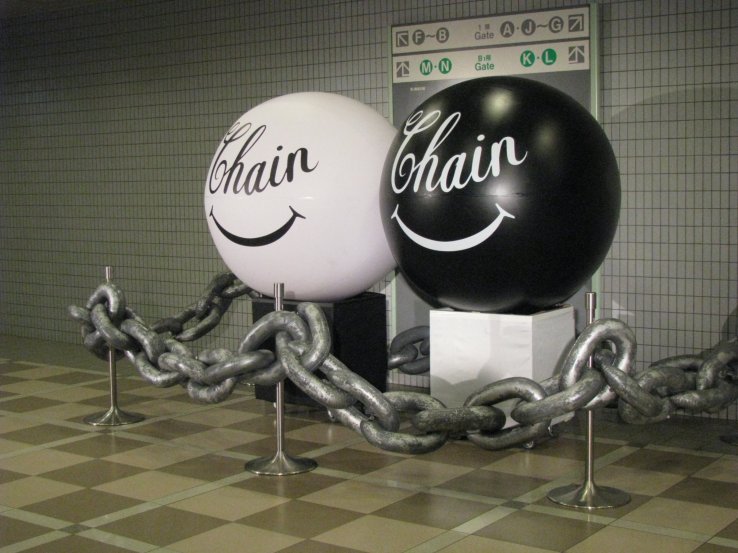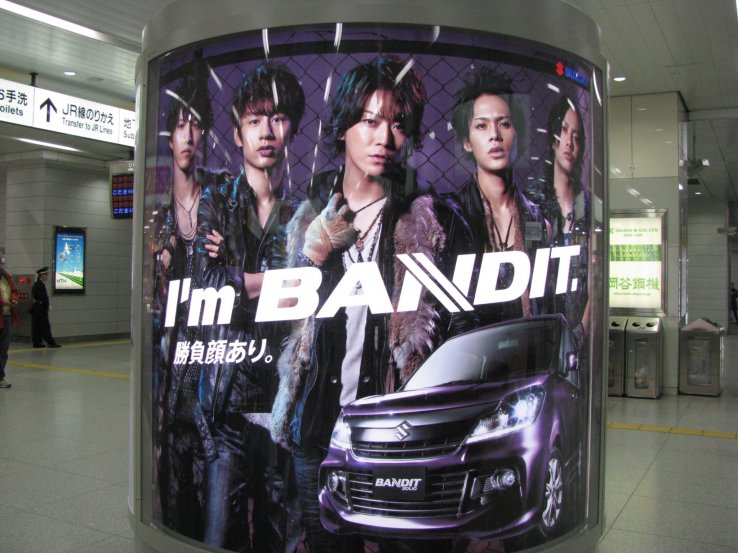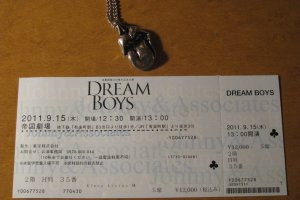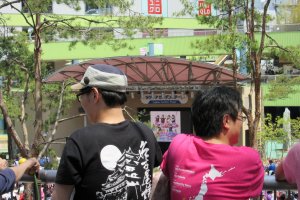I can't say that I was ever a fan of pop music until I became interested in Japanese pop music, often called J-pop. The reason for this was that it seemed so different from any other pop music I’d listened to. I was used to seeing solo singers or groups of musicians with soloists, but I found a totally different approach to pop groups in Japan.
J-pop groups tend to consist of many members. Some groups have 7, 9, 11 and more members who sing and dance. The girl group AKB48 is listed in the Guinness Book of World Records as the largest pop group in the world with, as of January 2020, 107 members!

I discovered J-pop by chance when watching Japanese TV dramas. Many J-pop group members are also actors who star in the films and TV that I watch. Stars like Ninomiya Kazunari, Takizawa Hideaki, Kimura Takuya, Kamenashi Kazuya, Jin Akanishi and many more were Japanese boy band members that belonged to the Johnny’s Associates talent agency. Through this I became aware of such bands as SMAP, Arashi, KAT-TUN, Kis-My-F2, and Tackey & Tsubasa.

Purchasing a ticket to J-pop band concerts is unique. I was sure I could buy concert tickets online to a day convenient to me, but I was badly mistaken! To be able to buy a ticket to a concert, I first had to join the fan club of a particular group. I chose KAT-TUN with an annual membership of JPY5000. I then applied for concerts in Sapporo and Hiroshima and paid JPY8000 for the tickets in advance. However, this advance payment doesn't guarantee a ticket as tickets are decided by an automated lottery. I was fortunate to be offered a ticket to Hiroshima concert! In case of no offer, payments are refunded. A curious system... I did the same for the group Dream Boys and was offered tickets to their concert at the Imperial Theatre in Tokyo

J-Pop is a huge industry that includes identifying talent, forming bands, producing concert tours, releasing CDs, DVDs & related souvenir goods, as well as promoting artists through TV and commercials. You'll find dedicated stores selling photos and all manner of related band-goods, particularly at stores in Takeshita-dori in Harajuku. Each tour features special souvenirs like booklets, lights, T-shirts, and towels which are sold at the venues. J-pop members are found in advertising all over Japan.

I’m glad I could become acquainted with J-pop as it represents modern part of the modern youth culture of Japan.



























